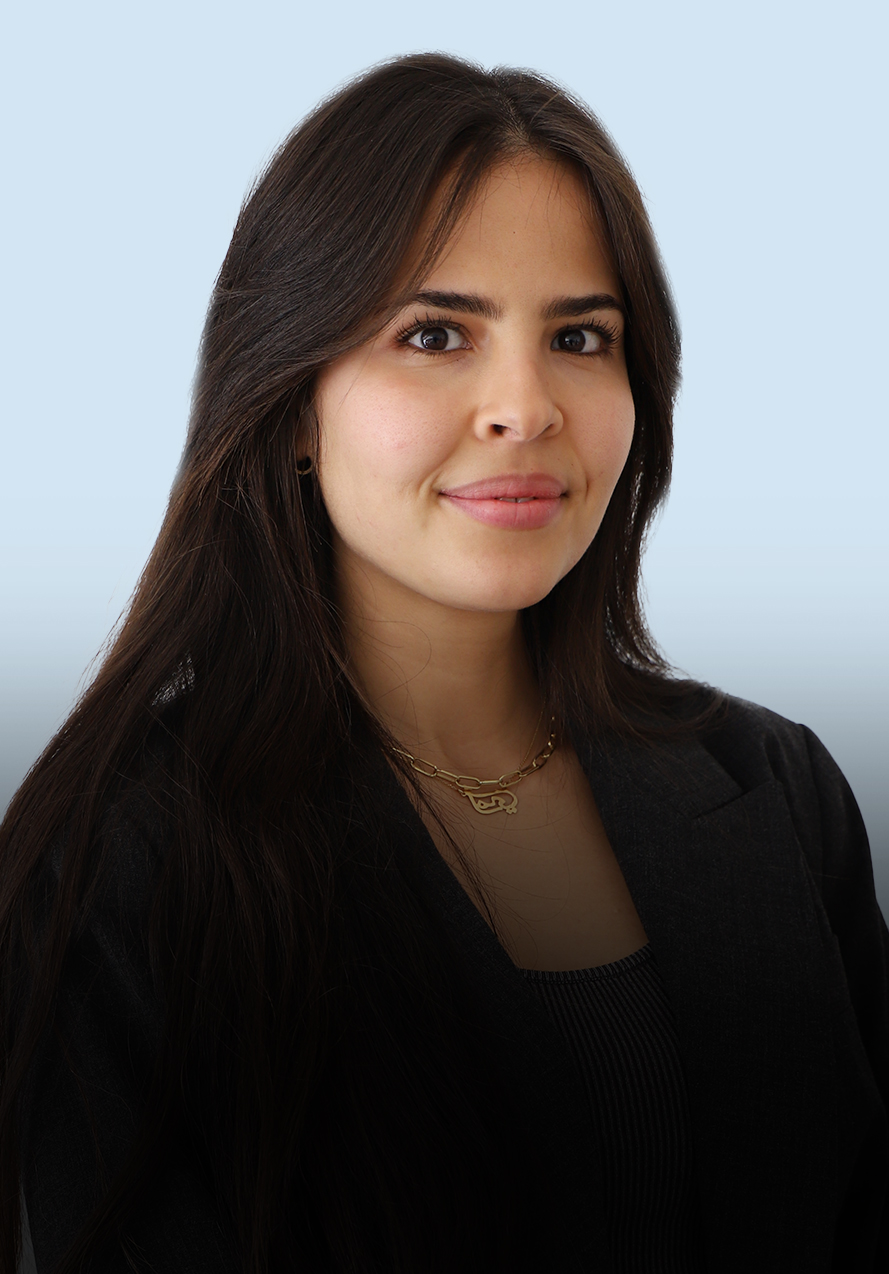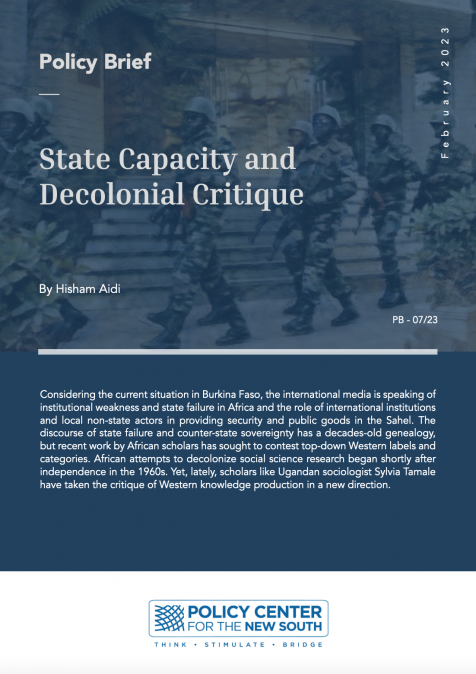شهد القطاع المصرفي المغربي توسعًا ملحوظًا في الأسواق الأفريقية خلال السنوات الأخيرة. من خلال هذا التوسع، تسعى البنوك المغربية إلى ترسيخ وجودها في أسواق تشهد طلباً متزايداً على الخدمات المالية، واستغلال الفرص الاستثمارية التي توفرها القارة الأفريقية. ولكن ما هي الدوافع الحقيقية وراء هذا التوجه؟ كيف استطاعت البنوك المغربية تحقيق النجاح في هذه الأسواق؟ وما هي التحديات التي تواجهها وكيف تتعامل معها؟ أسئلة وأخرى نجيب عنها في هذه الحلقة رفقة ضيفتنا أميمة بوغريبة، باحثة في الاقتصاد في مركز السياسات من أجل الجنوب الجديد
Speakers

Oumayma Bourhriba
Senior Economist
Oumayma Bourhriba is a Senior Economist at the Policy Center for the New South (PCNS).At the PCNS, which she joined in 2019, Oumayma Bourhriba conducts research focusing on macroeconomic policies and international trade, with a particular emphasis on services.She has contributed to major publications on the Moroccan economy, such as the IMF’s Morocco's Quest for Stronger and Inclusive Growth (2023) and the World Bank’s Trade Policy in Morocco: Taking Stock and Looking Ahead (2023). Beyond her research, she has coordinated the Africa Economic Symposium, one of the flagship convenings organized by the PCNS.Oumayma Bourhriba holds a master’s degree in applied economics from University Mohammed V (UM5), where she is currently a PhD candidate.She is fluent in Arabic, English, ...

Badr Mandri
Economist
Badr Mandri is an Economist who joined Policy Center for the New South after two years’ experience at the Moroccan national statistics office (HCP, High Commission for Planning). His research activities focus on development macroeconomics especially on fiscal policy and development financing. Badr Mandri holds a master’s degree in applied economics, and is currently a PhD student at Mohamed V University in Rabat;
...









